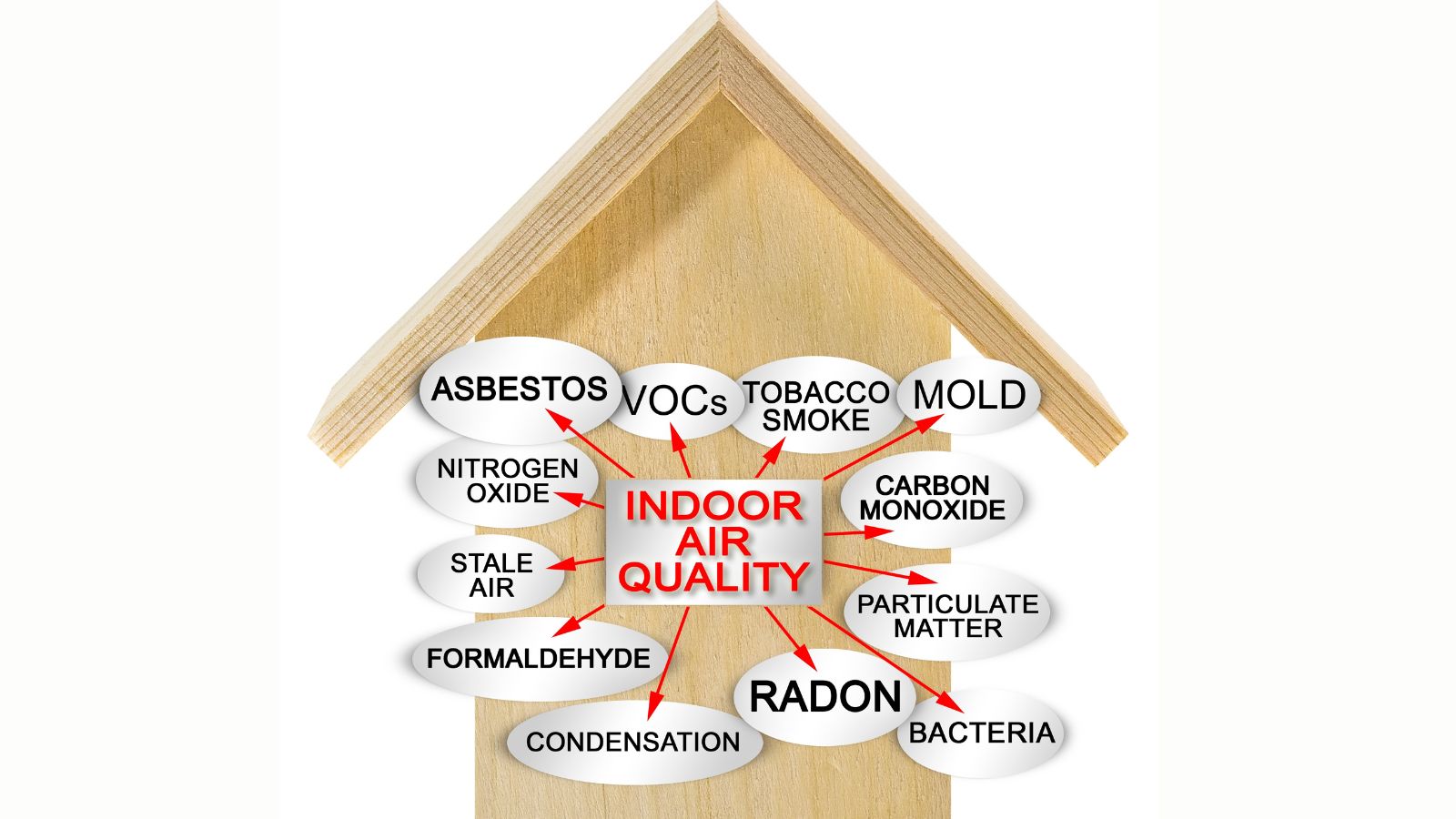Living in a big city is often seen as exciting due to the plethora of opportunities, activities, and attractions. However, beneath the surface of urban allure lies a host of health risks that might not be immediately apparent. From air pollution to the pressures of a fast-paced lifestyle, cities can have profound impacts on our well-being. Here are 17 surprising reasons why living in a big city could be detrimental to your health.
Air Pollution

Air pollution is a significant issue in urban environments. Vehicles such as cars and buses and industrial activities release harmful gases into the atmosphere. Prolonged exposure to polluted air can adversely affect the respiratory system, leading to conditions such as asthma, bronchitis, and even lung cancer. The concentration of pollutants in cities is often much higher than in rural areas, making it a critical health concern.
Noise Pollution

Cities are notoriously noisy due to constant activity. Car horns, construction sounds, and the general hustle and bustle contribute to excessive noise levels. Research has shown that chronic exposure to high noise levels can elevate stress, impair hearing, and negatively affect overall health.
Stress and Anxiety

The fast-paced nature of urban life can lead to elevated stress and anxiety levels. Work pressures, traffic congestion, and the high cost of living contribute to chronic stress. This persistent stress can have severe implications for health, including heart disease, depression, and other stress-related conditions.
Sedentary Lifestyle

Urban living often involves a sedentary lifestyle, with many people relying on cars, buses, or trains for transportation. Additionally, many city jobs involve long hours of sitting at a desk. This lack of physical activity can lead to obesity, type 2 diabetes, and cardiovascular diseases.
High Cost of Living

The high cost of living in cities can lead to financial stress, which in turn affects health. The expense of rent, utilities, and other daily costs can cause chronic stress, impacting both physical and mental health. Financial strain can also affect health care, a good diet, and other requirements that can ensure good health.
Social Isolation

Despite being surrounded by people, city dwellers often experience loneliness. Social connections can become strained in the fast-paced urban environment, leading to feelings of isolation. Loneliness is associated with numerous health problems, including depression, anxiety, and increased mortality rates.
Poor Diet

City living often promotes unhealthy eating habits. Busy schedules and the convenience of fast food can lead individuals to rely on junk food rather than preparing nutritious meals. This reliance on unhealthy food can result in long-term health issues such as obesity, diabetes, and heart disease.
Higher Risk of Disease Spread

Due to their high population density, urban environments facilitate the rapid spread of diseases. Germs and viruses spread easily in crowded areas like public transportation, workplaces, and restaurants. The close proximity of individuals in cities can lead to frequent outbreaks of illnesses, putting residents at higher risk of contracting infectious diseases.
Limited Green Spaces

Access to green spaces is crucial for both physical and mental health. Unfortunately, many cities have limited green areas. Being detached from nature can contribute to stress, anxiety, and depression. Studies have shown that individuals who live near parks or green spaces experience better mental health and overall well-being.
Sleep Problems

The urban lifestyle can significantly disrupt sleep patterns. Noise from traffic, nightlife, and other city activities can lead to sleep disorders such as insomnia. Poor sleep quality can result in fatigue, weakened immune function, and an increased risk of chronic conditions like cardiovascular disease.
Lack of Privacy

Crowded living conditions in cities often lead to a lack of privacy. Living in apartments or densely populated neighborhoods means that individuals have limited personal space. This lack of privacy can contribute to stress and negatively impact mental health.
Overcrowded Healthcare Facilities

While cities offer access to healthcare facilities, these services are often overcrowded. Long wait times for appointments and treatments can delay necessary care and increase stress. Overcrowding in healthcare facilities can lead to longer wait times, which can be particularly concerning for individuals with urgent or chronic health issues.
Mental Health Issues

The demands and pressures of urban living can take a toll on mental health. Stress, anxiety, and depression are prevalent among city residents due to factors such as high-pressure jobs, social isolation, and the constant hustle of city life. Work-life conflict and burnout are common issues that affect mental well-being.
Higher Exposure to Crime

Cities generally have higher crime rates compared to rural areas. Exposure to crime can cause significant emotional distress and impact mental health. Being a victim of crime or living in an environment with high crime rates can lead to long-lasting psychological effects and heightened stress levels.
Exposure to Chemicals

Metropolitan areas are often exposed to various toxic chemicals from industrial activities, pesticides, and cleaning products. These chemicals can have detrimental effects on health, including hormonal imbalances, reproductive issues, and an increased risk of cancer. The accumulation of pollutants in urban environments poses a significant health risk.
Traffic Accidents

Due to heavy traffic and congestion, the probability of traffic accidents is higher in urban areas. Accidents can result in physical injuries, emotional trauma, and long-term health issues. Both drivers and pedestrians face increased risks in a city’s chaotic environment.
Poor Indoor Air Quality

Indoor air quality in cities can be poor due to limited ventilation in many apartments. The accumulation of dust, mold, and other pollutants can affect health, leading to respiratory issues and other related conditions. Poor indoor air quality compounds the health challenges posed by urban living.
Conclusion

While living in a big city offers numerous advantages, it is essential to recognize the potential health risks. Factors such as air pollution, noise pollution, high-stress levels, and limited green spaces can significantly impact health. Understanding these risks allows city residents to take proactive steps to mitigate their effects and make informed decisions about their living environment and the right choices concerning their living place.
18 Reasons Why People Are Leaving Florida in Masses

Exploring factors that impact the desirability of living in Florida, this list delves into various challenges shaping residents’ experiences. From environmental concerns like rising sea levels to economic factors such as fluctuating job markets, these issues collectively contribute to a nuanced understanding of the state’s appeal.
18 Reasons Why People Are Leaving Florida in Masses
